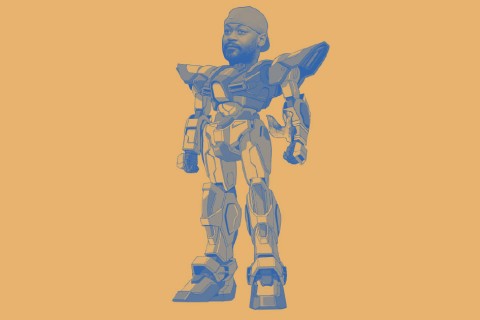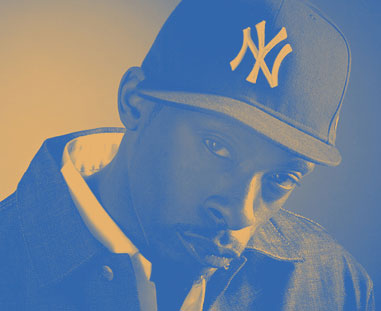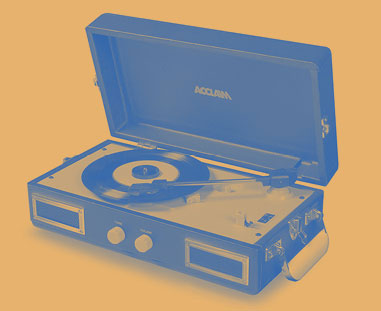
It’s no secret that the rap game has always been a man’s world. Even taking into account with the pioneering work of The Sequence, Sha-Rock, Sweet Tee, Lisa Lee and others back in the days, female MCs have always been the exception rather than the rule. Every era has had its select group who were granted access onto the ‘Rap Bubble’ of respected ladies on the mic—Roxanne Shante, MC Lyte, and Latifah in the eighties, Lil’ Kim, Lauryn Hill, and Foxy Brown in the nineties (Salt ‘N Pepa managed to get busy over both decades), Eve did her thing in the ’00s, while Nicki Minaj has held it down for the past five years with little serious competition for the spotlight.
I’m not implying that these artists were the only decent ones out (I have a soft spot for Antoinette and Yvette Money), but as far as serious contenders, there’s a pretty small window. Obviously Missy Elliott was huge in her prime, but she’s always been an R&B star who rapped, so she’s an exception. Beyond those mentioned, there are, of course, your ‘underground’ stalwarts from Jean Grae to Rah Digga, and the inevitable token female weed carrier, once deemed essential to any rap crew on the come-up.
Some of these forgettable unfortunates have included Amil (‘the first lady of the Roc’), Olivia (who was in G-Unit for about 10 minutes), Tarrie B (the token white chick for the Ruthless Records posse) and Shawnna (Ludacris’ gal pal who is apparently one of only five rapping ladies to have ever reached number one on the US Billboard Hot 100 chart, albeit on a Luda single). Can the short-lived rap careers of these individuals be attributed to being viewed as simply ‘trophy’ rappers who were brought in as part of a cynical attempt to tempt rap fans who weren’t fans of the rest of the crew in question to jump on board?
Another issue that’s often addressed in the media are the limited number of roles viewed as marketable, be it the ‘tough chick who can hang with the fellas’ of Da Brat or Katie Got Bandz; the ‘sexpot with attitude’ such as Trina or H.W.A; or the chick with a skully who can rap like a lyrical miracle without dressing like a dude or wearing a tight outfit. But it goes a lot deeper than that. The main problem seems to be that the majority of women rappers traditionally don’t sell enough records, with the exception of those mentioned earlier, that can compete with the top rapper dudes of the day. To get to that level, you need to appeal to young female fans who are actually going to buy your music instead of Drake or Future or Fetty Wap.
I suggest that the mistake that many women rappers of the past made was trying too hard to pander to potential male listeners, when in reality the vast majority of guys were never going to check for them in the first place. If a lifelong rap addict such as myself only owns a handful of rap records made by females, what does that say for the more casual fan?
No matter how technically proficient they may be, I rarely find that the girls can capture the qualities that I enjoy in a great rap song the way that male rappers have. The obvious comparison is to liken the phenomenon to professional team sports—while I’m aware of the existence of talented female football, cricket, and basketball players, I can’t think of any reason to watch them play on TV when there are other options available.
For all the new-age, emotional rapping types getting about these days, we’re still a long way from ever eliminating the eternal pissing contest that is rap music. While it’s a format that lends itself to political activism and occasional social change, Brag Rap will always remain as the purest and most entertaining expression of the artform to my ears, and the inescapable reality for many women who choose to rap is that the vast majority of fellas just can’t relate to what they’re rhyming about beyond the occasional guest verse or hit song. I’m not suggesting it should always be this way, and perhaps future, more progressive generations will change this, but for now and for the foreseeable future, rap music remains music’s ultimate ‘old boy network.’
Keep up with Robbie’s weekly ‘No Country for Old (Rap) Men’ here.



